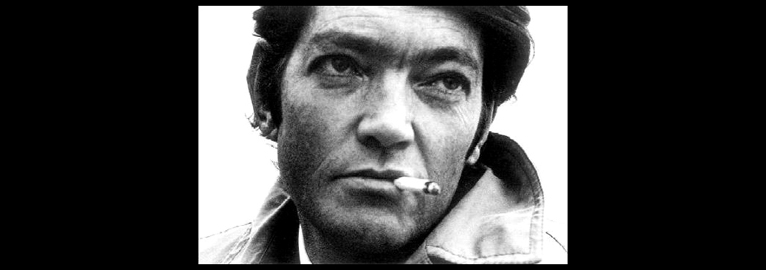1. L'enfant la mouche et les allumettes (4:22)
2. L'enfant au royaume des mouches (3:57)
3. Danse des mouches noires gardes du roi (3:20)
4. Danse de l'enfant et du roi des mouches (2:52)
5. Le roi des mouches et la confiture de rouse (6:28)
6. L'enfant assassin des mouches (1:52)
7. Les gardes volent au secours du roi (6:55)
8. Mort du roi des mouches (3:29)
9. Pattes de mouches (0:51)
10. Le papier tue-Enfant (2:44)
11. Petite agonie de l'enfant assassin (0:31)
2. L'enfant au royaume des mouches (3:57)
3. Danse des mouches noires gardes du roi (3:20)
4. Danse de l'enfant et du roi des mouches (2:52)
5. Le roi des mouches et la confiture de rouse (6:28)
6. L'enfant assassin des mouches (1:52)
7. Les gardes volent au secours du roi (6:55)
8. Mort du roi des mouches (3:29)
9. Pattes de mouches (0:51)
10. Le papier tue-Enfant (2:44)
11. Petite agonie de l'enfant assassin (0:31)
Claude Engel: guitar
Denys Lable: guitar
Raymond Gimenez: guitars
Tonio Rubio: guitar
Pierre-Alain Dahan: drums
Jean-Pierre Sabar: piano
Jean-Claude Vannier: piano, little piano, harpsichord, bombard, flute, recorder, bells
Marc Chantereau: percussion
Michel Zanlonghi: percussion
Jean-Louis Chautemps: soprano saxophone
Philipe Mathe: soprano saxophone
Marc Steckar: trombone, tuba
Marcel Azzola: accordion
Pierre Llinares: bugle
Jean and Ginette Gaunet, Pierre Llinares, and Hubert Varon: string quartet
Louis Martini: choir director of the Choir of Young Musicians of France
Jean Gaunet: rule strings (note: questionable translation to English)
M. Pailleux: tuner
Denys Lable: guitar
Raymond Gimenez: guitars
Tonio Rubio: guitar
Pierre-Alain Dahan: drums
Jean-Pierre Sabar: piano
Jean-Claude Vannier: piano, little piano, harpsichord, bombard, flute, recorder, bells
Marc Chantereau: percussion
Michel Zanlonghi: percussion
Jean-Louis Chautemps: soprano saxophone
Philipe Mathe: soprano saxophone
Marc Steckar: trombone, tuba
Marcel Azzola: accordion
Pierre Llinares: bugle
Jean and Ginette Gaunet, Pierre Llinares, and Hubert Varon: string quartet
Louis Martini: choir director of the Choir of Young Musicians of France
Jean Gaunet: rule strings (note: questionable translation to English)
M. Pailleux: tuner
info |













